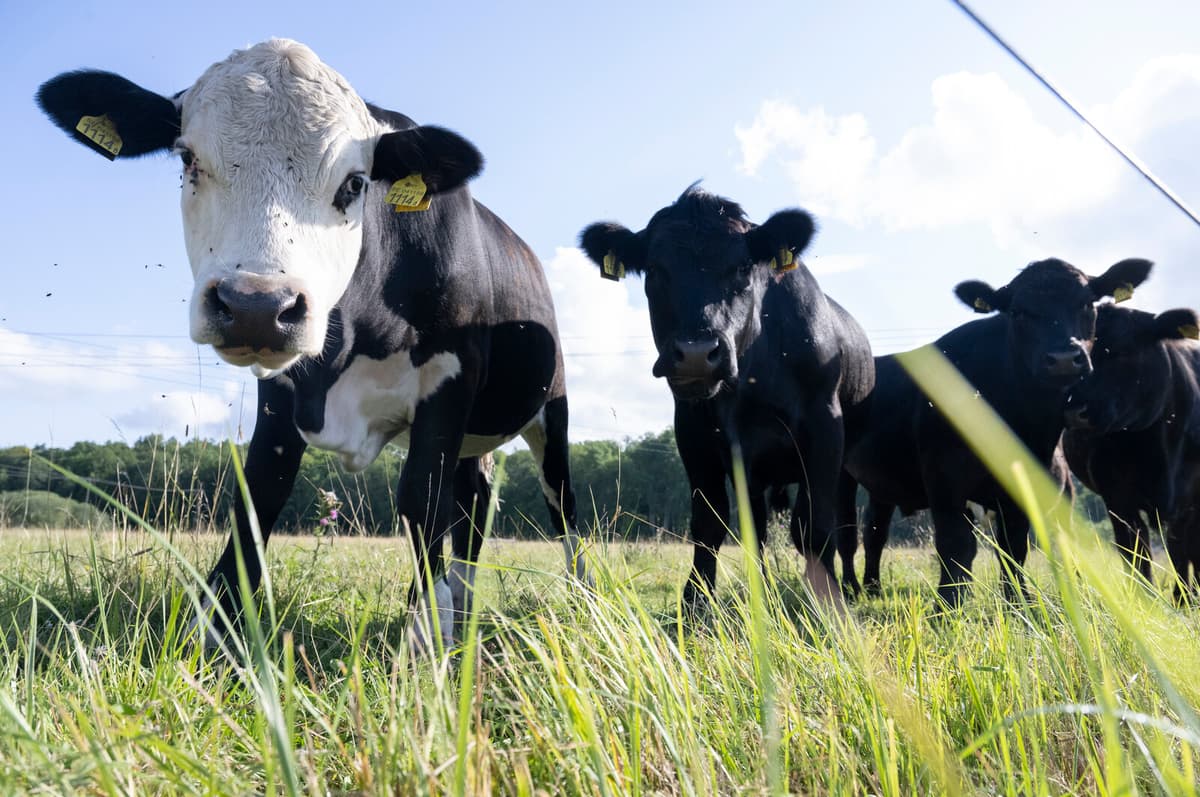The bluetongue virus has been detected in a sheep in Hässleholm municipality, reports P4 Kristianstad.
Less than a week ago, the Swedish Board of Agriculture and the National Veterinary Institute (SVA) announced that they had detected the first case of the virus in Sweden in 15 years.
It concerned a dairy cow in Bohuslän. A few hours later, the SVA announced that another case had been detected, this time in a cattle in Halland. A third case was detected in a sheep in Halland on Monday. The latest case in Hässleholm was the fourth.
So far, it has only been individual animals. It's the midges that transmit the virus and they are not common in Sweden. Therefore, it's been many years since we last had it, says Joakim Nordblom, press secretary at the SVA, to TT.
Bluetongue cannot infect humans. The viral disease affects ruminants such as cattle, sheep, and goats. The virus does not spread between animals, but via an insect. The symptoms can be mild but also lead to severe disease and death.
Today, there is no requirement for animals to be vaccinated in Europe, unlike during the major outbreak in 2008. Now it is voluntary for EU countries to combat the disease.






